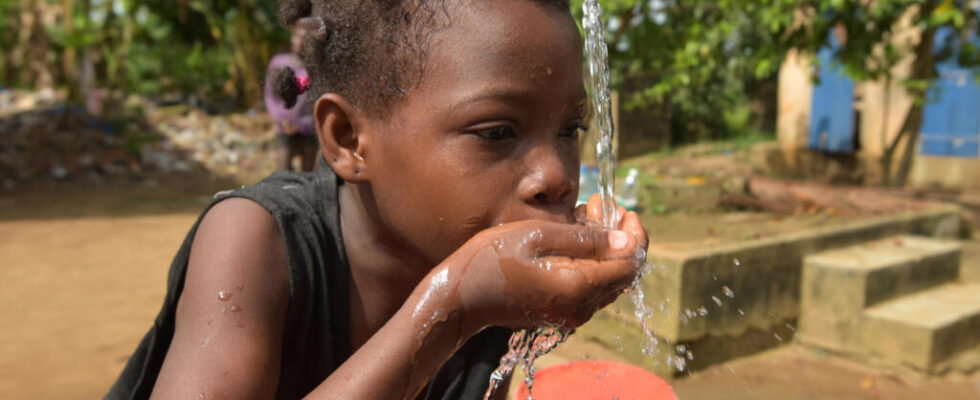Côte d’Ivoire became, on Tuesday, July 16, the 10th African country to join the United Nations Water Convention, a treaty aimed at improving shared water management across borders. Meeting the needs of a population of some 30 million, which is growing by 2.5% per year, is a major challenge for Côte d’Ivoire, which shares eight of these river basins with its neighbors, Ghana, Burkina Faso, Mali, Guinea, Liberia and Sierra Leone.
1 min
For the Ivory Coastthe problem is twofold: its water resources are threatened by urbanization and the effects of global warming, which cause drought or floods. And the quality of these waters is deteriorating due to pollution, illegal gold mining or poor wastewater management.
But Ivory Coast is far from being an isolated case: according to the African Development Bank (AfDB), only 58% of Africans have access to drinking water, while extreme weather events cost the continent between 2 and 9% of its GDP.
Cooperation with neighbors on water issues
Côte d’Ivoire has therefore deemed it relevant to strengthen its cross-border cooperation to address water challenges. This is the meaning of its membership in the United Nations convention, which also helps its members to better manage underground reserves, which are crucial for adaptation to climate change.
Senegal, Gambia, Guinea-Bissau and Mauritania have been pioneers in creating a joint body for better management of their groundwater. Côte d’Ivoire and its neighbours know what they still have to do.
Read alsoTunisia faces the headache of access to water
